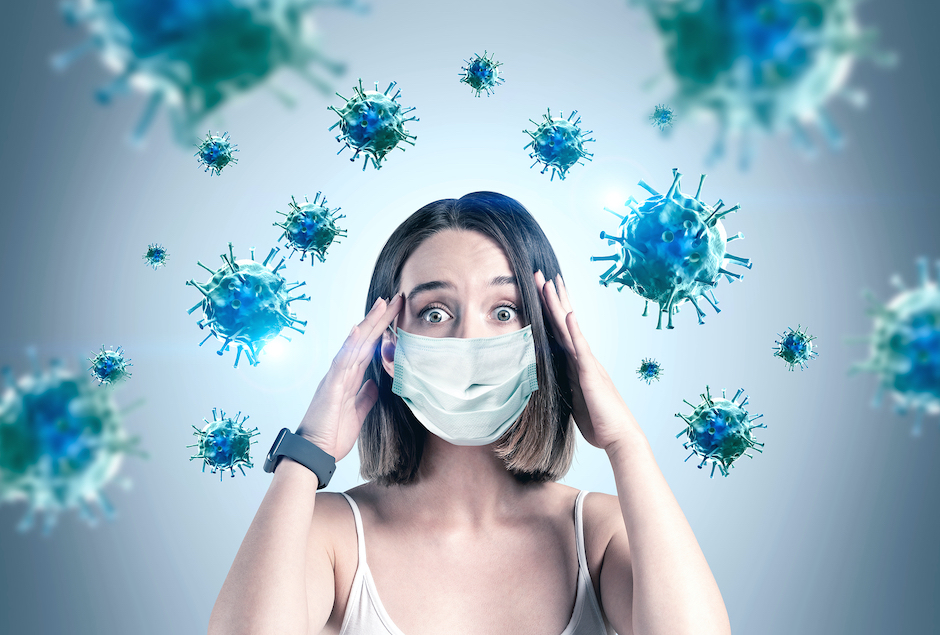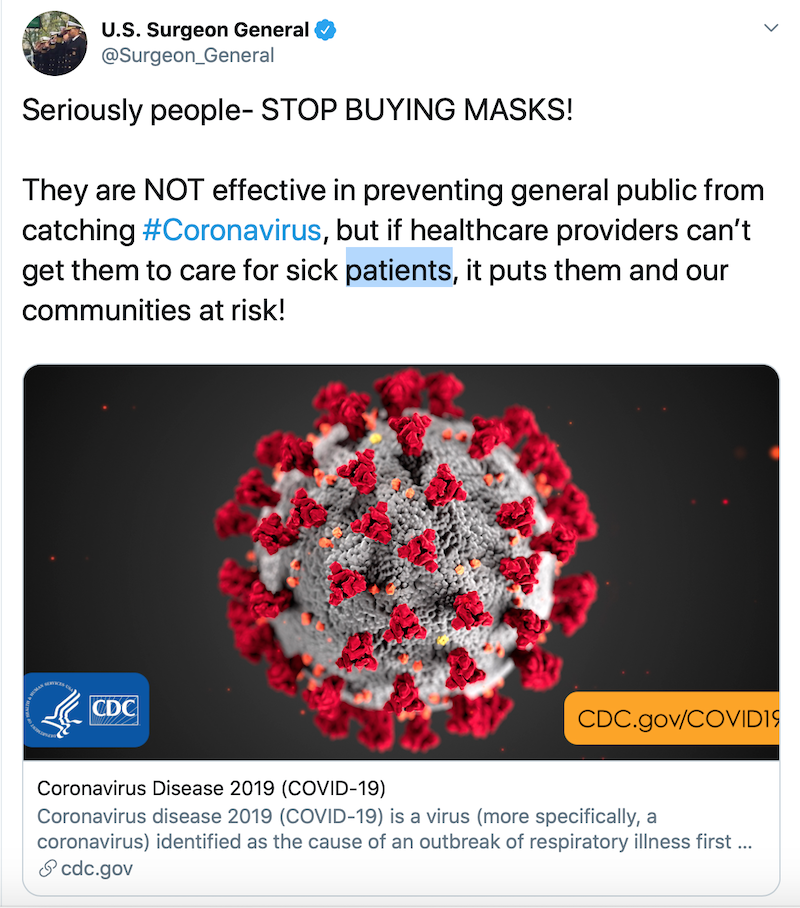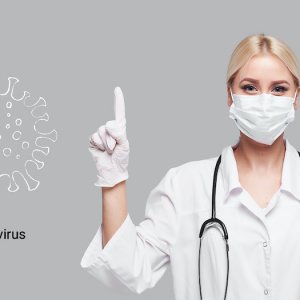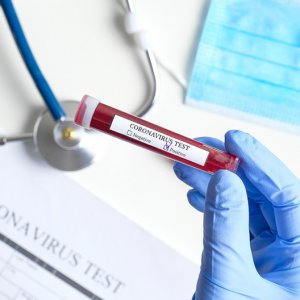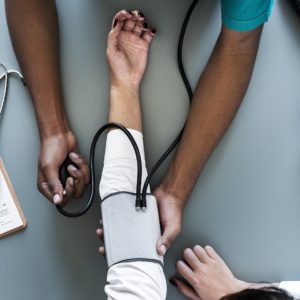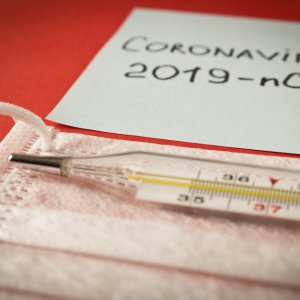Everyone remain calm. The recent Coronavirus outbreak is disrupting life as we know it in significant ways. Is the widespread panic really necessary? To some degree, yes, it’s better to be safe than sorry. But the media has created a craze to the point that people are overreacting in ways that won’t even make a difference. It’s time to debunk some of the common myths surrounding Coronavirus.
The Current Toll of Coronavirus
As of the time of this writing, there are 1,297 confirmed cases of the Coronavirus in the U.S. and about 128,000 cases worldwide. (Keep in mind that well over half of these reported cases are from China alone.)
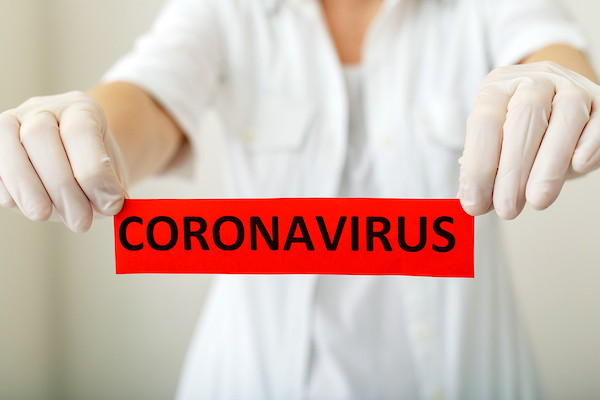
Schools and universities are preparing to close their doors and switch to online classes, workplaces are operating by teleconference, and people are canceling spring and even summer vacation plans. Public establishments are taking precautions to limit human contact and sanitize public areas, grocers fight to keep common household and disinfecting items in stock, and concerts and events everywhere are being canceled. . .the list goes on and on.
By all means, many of the recommendations include a healthy, proactive stance to protect us against the Coronavirus. But as with everything else, panic only causes people to overreact. Many of the common beliefs and recommendations surrounding the virus just don’t hold any water.
Myths About Coronavirus
Myth: Children are most susceptible to the virus.
This is simply not true. While children can get infected, the majority of reported infections involve people over the age of 65. Furthermore, most of the deaths resulting from Coronavirus are in people with chronic diseases, like heart disease, cancer, asthma, or diabetes. When infected, children are likely to have less severe symptoms and recover quickly.
Myth: Most people who get infected will need intensive medical care to save their lives.
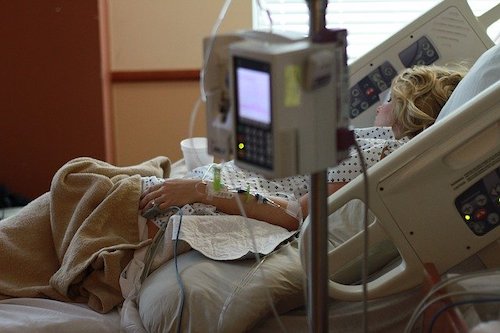
Nope. More than 80% of cases do not require intervention at all, as the symptoms of the virus are self-limiting and most people heal on their own.
Myth: If you get infected, you will likely die.
The Chinese Center for Disease Control and Prevention concluded that 80.9% of infections were mild. Newest estimates conclude that the virus is fatal in approximately 3-3.4% of cases. The truth is that most healthy people who get the virus will survive.
Myth: Cats and dogs spread coronavirus.
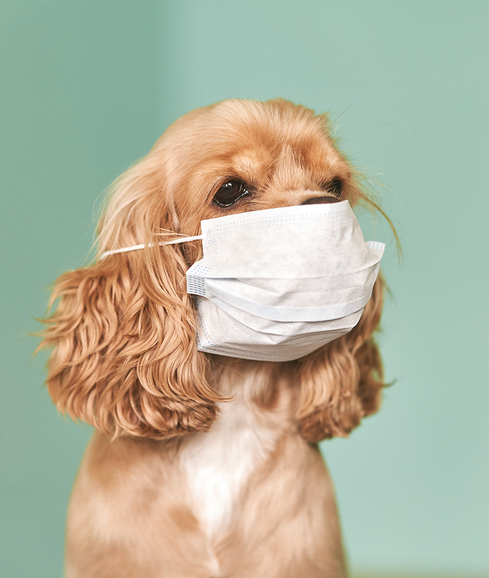
There is currently very little evidence that cats or dogs can contract the virus. So far, we’ve only heard of one animal case. A dog in Hong Kong tested positive for the virus, however it exhibited no symptoms and cleared the virus spontaneously.
Some of the confusion around this myth is because of the existence of both a canine coronavirus and a feline coronavirus. However, these illnesses are completely different strains of the virus and do not spread from animals to people.
Myth: Face masks are the best possible protection.
Most people do not wear masks correctly, and disposable masks are loose and do not form a tight seal around the mouth. They basically confer no protection. Plus face masks bring a false sense of security and make people feel that they no longer need to wash their hands.
The U.S. Surgeon General issued a statement on Twitter regarding face masks:
“Seriously people — STOP BUYING MASKS! They are NOT effective in preventing general public from catching Coronavirus, but if healthcare providers can’t get them to care for sick patients, it puts them and our communities at risk!”
Myth: Hand dryers kill coronavirus.
This is false. The best protection is washing your hands with soap and water. You can also use an alcohol-based hand sanitizer with at least 60% ethyl alcohol.
Myth: Drinking alcohol or bleach prevents or kills the coronavirus.
Nice try, but no. In fact, 44 people have died from drinking bootleg liquor in an attempt to kill coronavirus in Iran. Do not, under any circumstances, drink bleach people. It is more likely to kill you than any virus in your body.

Myth: Coronavirus is a gastrointestinal infection that necessitates purchasing of mass amounts of toilet paper for potentially severe diarrhea.
COVID-19 is a respiratory infection that very rarely causes diarrhea. Do not go out and buy massive amounts of toilet paper out of fear.
Myth: Antibiotics kill coronaviruses.
Antibiotics kill bacteria. They do not kill viruses. Period. Do not take antibiotics for this or any other virus.
Myth: You can catch coronavirus from eating Chinese food, or from contact with urine or feces.
This is not a food-borne illness. The primary means of infection is between people who are in close contact with one another. Because the virus is airborne, it also spreads through respiratory droplets. When an infected person coughs or sneezes, it lands on surfaces and waits for the next unlucky person to come in contact with the contaminated object.
Myth: COVID-19 is the deadliest virus we’ve ever seen.
Not even close. Ebola, smallpox, HIV, and even influenza outrank Coronavirus for likelihood of death.
Myth: The Chinese government created the virus.
No, we’re giving humans a bit too much credit here. The virus likely spread from either bats or smuggled pangolins.

Myth: Flu and pneumonia vaccines protect against coronaviruses.
No. The virus is new and differs from the influenzas A and B that the flu shot targets. Researchers are currently working to develop a vaccine against COVID-19.
Oh. . . I could go on and on. If we all just calm down and use a little common sense, this will be okay.
Want to Learn Ways to Prevent Coronavirus that Actually Do Work?
Read Protecting Yourself from Coronavirus. Spoiler alert: wash your hands.
